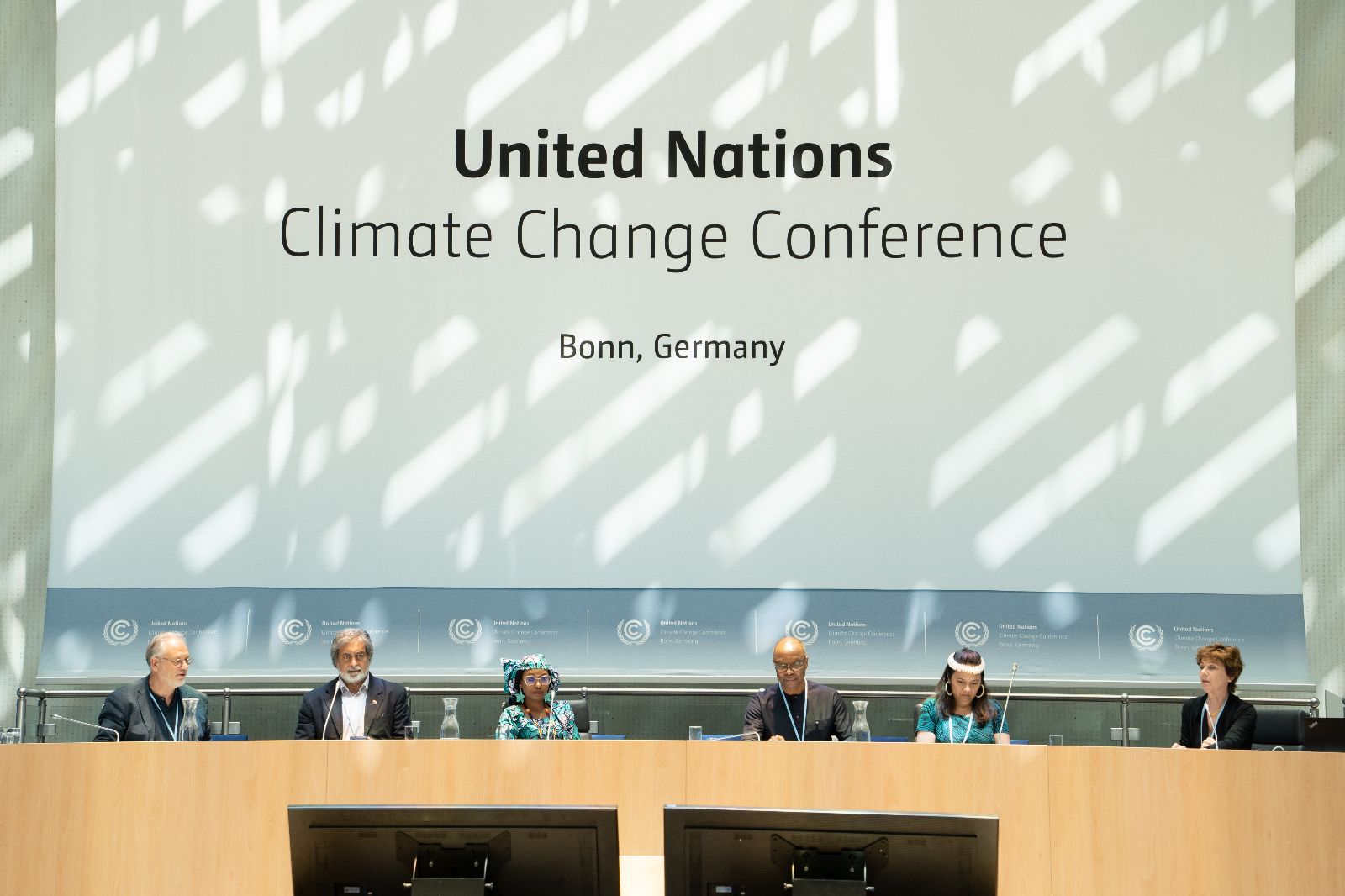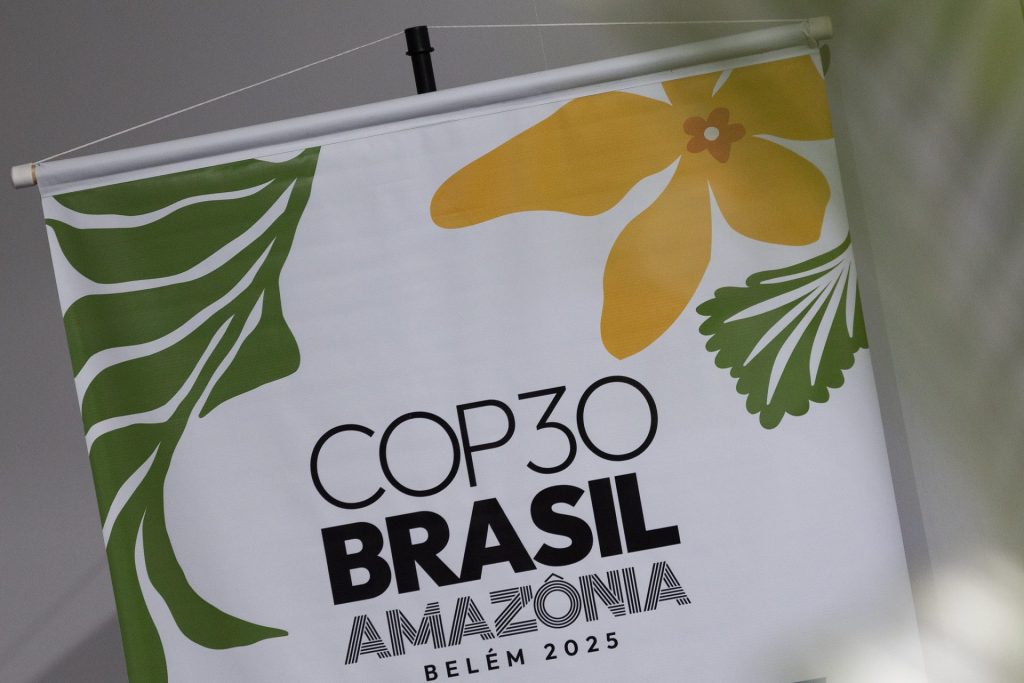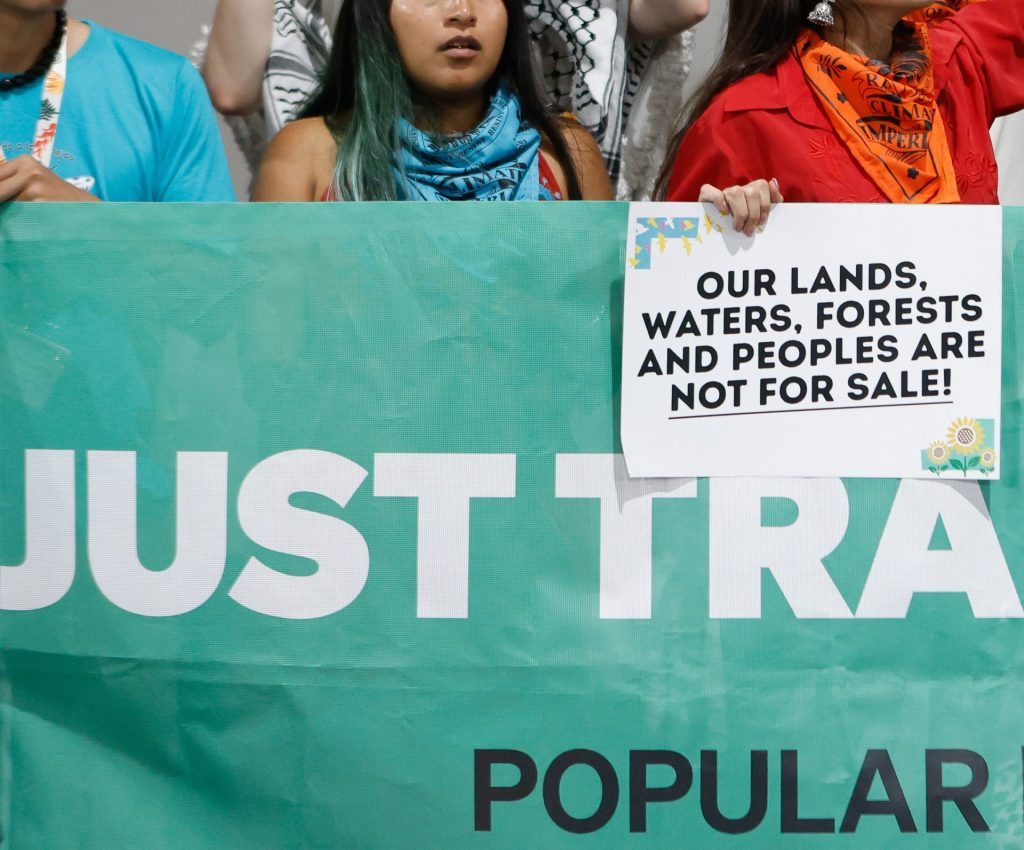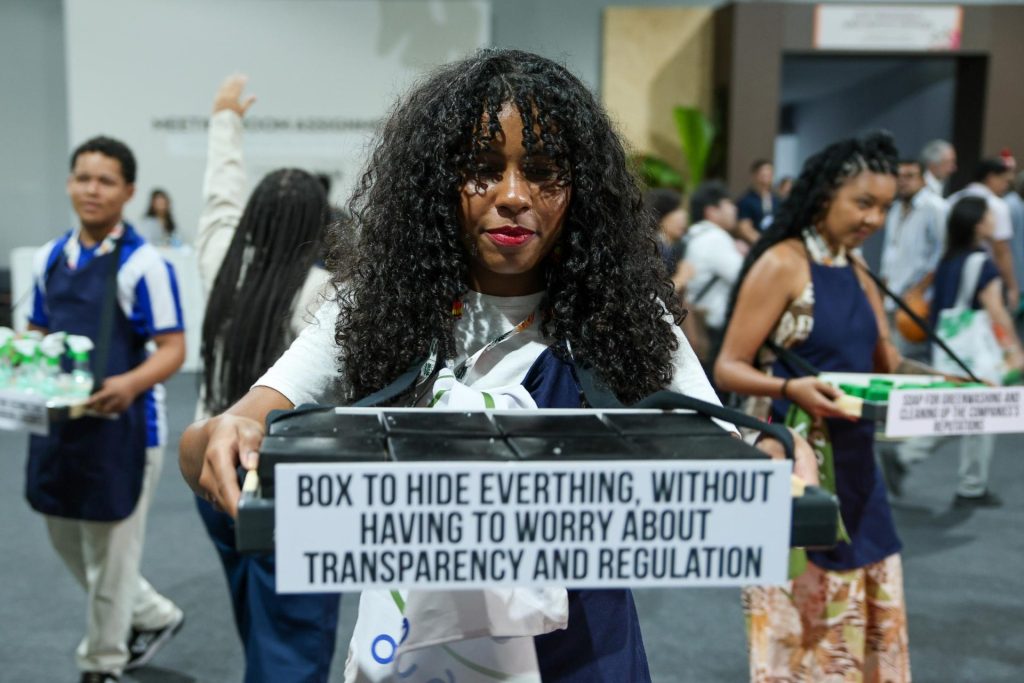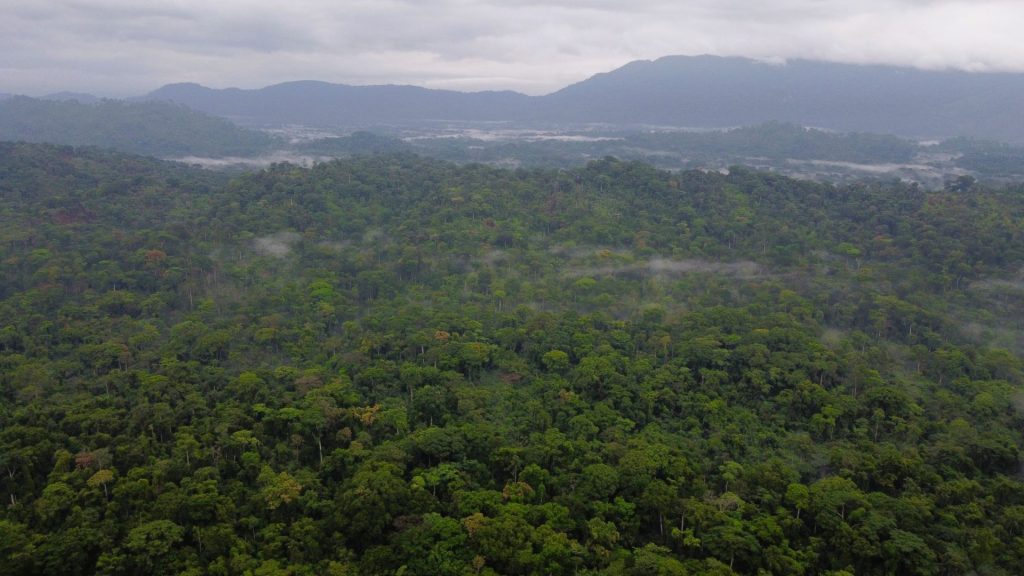Structured dialogues are out, Roadmaps are in fashion. In the same way that the meaningful detail on achieving the US$1.3 trillion climate finance target and reaching the new collective quantified goal on Climate Finance (NCQG) was pushed out into a “roadmap” from Baku to Belém at the end of last year’s COP, this year’s June climate talks saw the environmental minister of Brazil and COP 30 host, Marina Silva, proposing a roadmap for transitioning away from fossil fuels, for discussion at COP30.
At the Bonn intersessional talks that concluded last week, countries were hard pressed to agree on a way forward on how to implement the Paris Agreement’s Global Stocktake, which includes a pledge to transition away from fossil fuels in energy systems in a just and equitable manner, with little progress on a way forward at COP30 later in November. In a response to a question from Climate Home News, Silva proposed “perhaps we can come out of COP30 with a mandated group that can trace the roadmap for this transition… We are making a roadmap to reach the $1.3 trillion [in climate finance], so let’s plan the end of fossil fuel use and the end of deforestation… the worst possible thing would be for us to not plan for this transition.” It is relatively easy to agree to a roadmap, which was evident at COP29 and the NCQG, but it is much harder to agree on what goes in the roadmap, as we saw at this year’s NCQG talks.
The proposal by Silva also aligns with submissions made by observer organisations on the Just Transition Work Programme (JTWP) talks in Bonn for a clear and time-bound roadmap to transition away from fossil fuels and an action mechanism for a just transition. This is seen as one means of beefing up just transition talks that have, to date, been faltering, and adding some specificity and actionable next steps to them.
To date, talks within the JTWP have pushed and pulled between the desire for specificity and universality, versus country determined pathways. For example, the EU argued for just transition pathways to be spelt out in Nationally Determined Contributions, and has historically advocated for a deeper dive on sector specific issues with more focused operational outcomes, e.g. sectoral targets. On the other hand, the African group has consistently underscored the need to respect the diversity of national priorities and development pathways. Developed countries have also sought to push an interpretation of the transition as one focused on workers and labour rights, while many developing countries have a more expansive view, for example also including affected communities, focusing on equity, the eradication of poverty and sustainable development.
In the just transition talks at the end of last year, countries could not agree to a negotiation text, and in previous talks at COP28 in 2024, developed countries said it would be too early for a work plan and that further consensus building was necessary. However, a breakthrough was reached last week when parties were able to agree to a draft informal note for discussion at COP30, that reflected their diverse views on the meaning of the just transition.
Some of its key messages, including the importance of critical minerals, and facilitating access to clean energy and cooking, both issues dear to African countries, coupled with an expansive approach to the scope of the just transition. It acknowledges that the transition is not limited to impacts felt by the affected workforce and labour rights, but rather it requires a ”multi-stakeholder, people-centric, bottom-up, whole-of-society approach” and that it has a “multisectoral and multidimensional nature”. At least at this point parties appear to have agreed to the scope of the programme, and have a clearer understanding of what a just transition entails, and which aspects require focused attention.
However, two key issues remain unresolved. The first relates to whether and if so how the work programme will address unilateral trade restrictive measures. An initial agenda fight broke out prior to negotiations commencing during which developing countries wanted to have a dedicated agenda item on unilateral trade measures, for example the EU’s Carbon Border Adjustment Mechanism (CBAM). This was unsuccessful and it was agreed to integrate the issue within other existing and relevant discussions, such as the JTWP. However, when it came to agreeing to text on this issue, members of the JTWP were unable to agree between a recognition of the need for international trade cooperation, a recognition of the impact of these measures or saying nothing at all.
Secondly, the group did not make any firm proposals on next steps. Some campaigners are reportedly looking for more concrete actions, such as a Belém Action Mechanism, that facilitates advice-sharing with governments seeking to implement a just transition, as a means to save resources spent on consultants. Others, want reporting on just-transition progress to be part of governments’ NDCs. But countries were unable to get that far. They were able to agree that their work and recommendations needed to be integrated into other workstreams and planning instruments, such as NDCs. However, they left it to COP30 in Belem, to agree on more concrete next steps. This could include simply improving or refining the existing discussion and knowledge exchange arrangements, creating new institutional arrangements such as a toolbox, guidance framework and global platform or some other more specific action items, or simply defer the issue to 2026.
However the work programme doesn’t have long to decide. It is up for review at the end of 2026 at COP31 at which point it could be disbanded. Given that it has taken almost two years to agree on the meaning, import and relevant considerations for the just transition, it will at least need chart how it intends to work over the course of this year and next, if it is to prove its relevance and be effective.
A “roadmap” on transitioning away from fossil fuels sounds like a progressive steps and offers the kind of specificity that some countries and campaigners would love to see, but risks undermining the bottom up and self-determined approach that developing, particularly African countries were wanting. If discussions at the JTWP are anything to go by, it will have to clearly demonstrate developed countries taking the lead, and leave developing countries with the policy and fiscal space to self-determine their own pathways.

